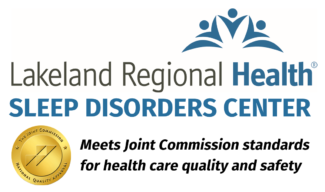Somewhere between sleep and wakefulness, people often experience sleep paralysis. This is an unsettling experience that can be accompanied by vivid hallucinations and a sense of “impending doom.”
 Five Little-Known Facts About Sleep Paralysis:
Five Little-Known Facts About Sleep Paralysis:
- According to research, approximately 8% of the population will experience this phenomenon. If you have preexisting psychiatric conditions, like anxiety or depression, you may be more prone to experience sleep paralysis.
- Vivid hallucinations may occur during sleep paralysis. Researchers believe this happens when the brain is not able to properly transition between sleep and wakefulness.
- Sleep disorders, such as narcolepsy, may increase the likelihood of sleep paralysis. Stress, anxiety, certain medications, and even your sleep position could potentially be triggers.
- REM sleep is closely related to sleep paralysis. Your brain normally prevents your muscles from moving while in REM and sleep paralysis occurs when you regain awareness while falling asleep or waking up.
- There is no definitive cure. There are strategies to help manage and reduce the frequency. Setting regular sleep patterns and managing stress levels are helpful. Treating underlying sleep disorders can also reduce the recurrence.
American Academy of Sleep Medicine (sleepeducation.org)
